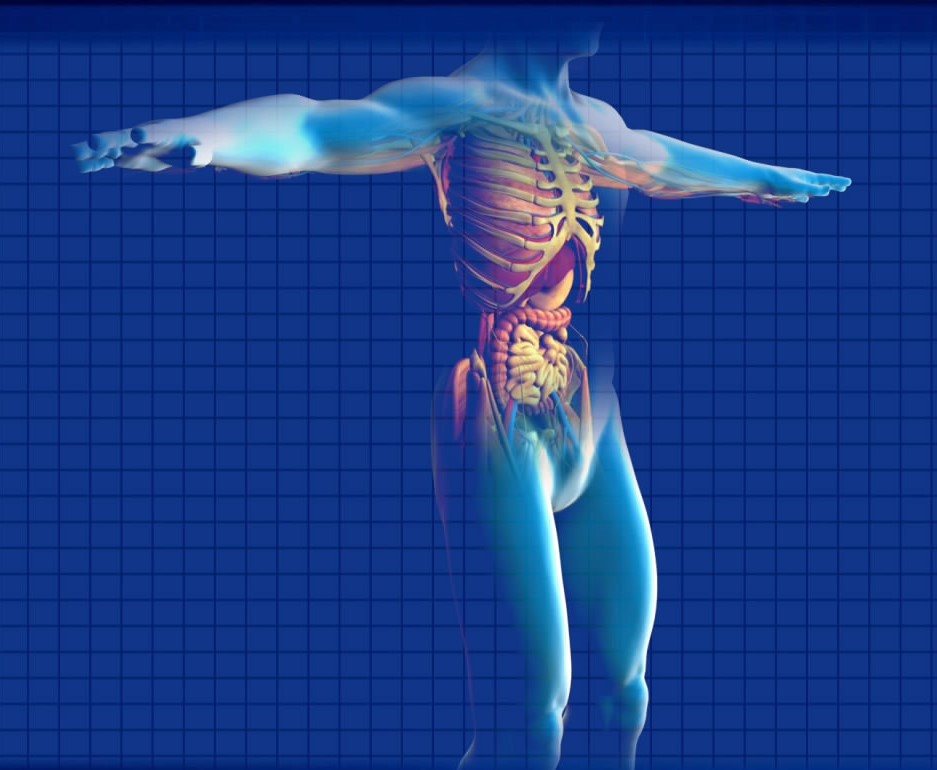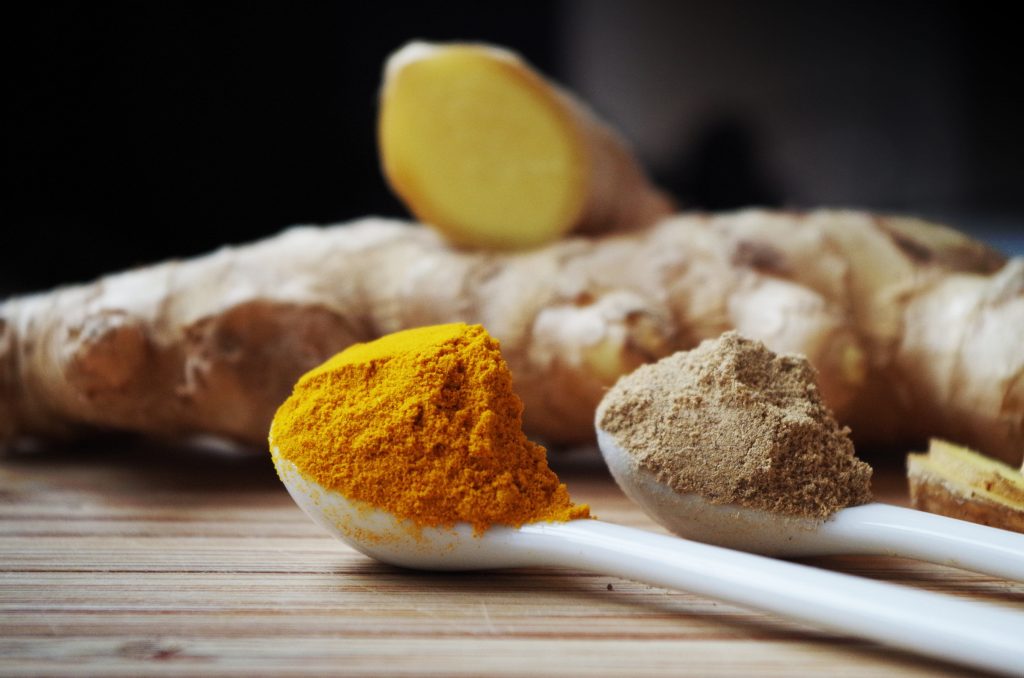
Do you have any of the following symptoms?
- Do you suffer from pain?
- Do you have digestive issues?
- Are your symptoms restricting what you can eat and is this impacting on your social life?
- Do you have issues with mobility or restricted movement?
- Are you taking lots of medications and still suffering from debilitating symptoms?
The difference between acute and chronic inflammation
Inflammation is a necessary part of the body’s healing process. It helps us fight infection and recover from injury or disease. There are two types of inflammation: acute which happens very quickly but usually resolves within two weeks and chronic where the inflammation can last for several months or even years.
Signs of acute inflammation are: pain, redness, swelling, heat and loss of function. You will notice some or all of these symptoms fairly quickly. Blood flow will increase and white blood cells will be sent to the site of damage or infection in order to speed up the healing process. Pain killers such as aspirin and ibuprofen are often effective in the short term but prolonged use may cause side effects, dependency and nutrient depletions. They only address the symptoms and not the root cause.
Signs of chronic inflammation are sometimes less obvious as are their causes. Inflammatory symptoms range from acid reflux, bloating, constipation, back pain and brain fog to arthritis, chronic fatigue syndrome, fibromyalgia, type 2 diabetes, cardiovascular disease and cancer.
Additional factors that contribute to chronic inflammation.
These include:
-genetic susceptibility. This may reduce the ability of the liver to remove toxic substances from the body (1).
– poor blood sugar control. Arthritis sufferers who are insulin resistant are more prone to severe arthritis than non-diabetic people who suffer from the disease. (2)
– exposure to high levels of toxins, oxidants and chemicals in your environment. These can trigger the inflammatory process in the body leading to the development of chronic disease (3).
– a diet low in essential fats. Lowering your intake of saturated fat and omega 6 seed oils and increasing your intake of omega 3 fats may help to reduce low-grade inflammation as well as benefit patients with diseases such as obesity, diabetes and rheumatoid arthritis (4).
– allergies. There is a link between a lack of healthy diversity in the gut microbiome and an increased risk of developing allergic conditions such as allergic asthma.
How can a registered nutritional therapist help you?
A nutritional therapist will help to identify the root cause of your inflammatory symptoms. This natural approach helps the body to heal itself by looking at the body as a whole.
Your nutritional therapy programme will :
1. Identify possible foods that may be causing inflammation by damaging your digestive tract and remove these. Yeast, parasites and small intestinal bacterial overgrowth can also damage the gut. It is also necessary to ensure that the body is eliminating toxins effectively to facilitate healing.
2. Restore the health of your digestive system by including nutrient dense foods that are suited to you. It is also essential to ensure that your absorption of these nutrients is optimised to support your immune system. Digestive enzymes may be suggested to aid digestion and natural anti-inflammatory supplements may also be recommended.
3. It is important that your gut contains a healthy balance of bacteria. Foods that introduce or encourage a healthy environment for these bacteria to flourish will be introduced along with pre-biotic foods to feed these healthy bacteria.
4. It is essential that any damage is repaired and so food containing L- glutamine and omega- 3 fatty acids will be considered. It may also be necessary to consider supplements and vegetarian and vegan options are available. These will help to reduce and remove inflammation.
5. Your lifestyle is also an important consideration when reducing inflammation and so stress levels, exercise, social support and quality of sleep all need to be addressed.

If you suffer from any inflammatory conditions, nutritional therapy will help to reduce or remove the symptoms. If you would like a programme designed specifically for you along with support and coaching to help you to achieve better health, then please Contact me .
References
1. Hodges, R. & Minich, D. 2015 Modulation of Metabolic Detoxification Pathways Using Foods and Food-Derived Components: A Scientific Review with Clinical Application [Online]. Journal of Nutrition and Metabolism. Available at: https://www.ncbi.nlm.nih.gov/pmc/articles/PMC4488002/ [Accessed 14/12/2019].#
2. Sokoloff, L. 1985 Endemic forms of osteoarthritis. Clinics in Rheumatic Diseases 11 (2), pp. 187-202.
3. Hussain, T. et al. 2016 Oxidative Stress and Inflammation: What Polyphenols Can Do for Us? [Online]. Oxidative Medicine and Cellular Longevity. Available at: https://www.hindawi.com/journals/omcl/2016/7432797/ [Accessed 14/12/2019].
4. Barcelo – Coblijn G. & Murphy, E. 2009 Alpha-linolenic acid and its conversion to longer chain n-3 fatty acids: benefits for human health and a role in maintaining tissue n-3 fatty acid levels. Progress in Lipid Research 48 pp.355–74.
5. Bisgaard, H. et al. 2014 Immune-mediated diseases and microbial exposure in early life.Clinical and Experimental Allergy. 44 pp. 475–481.
0 Comments